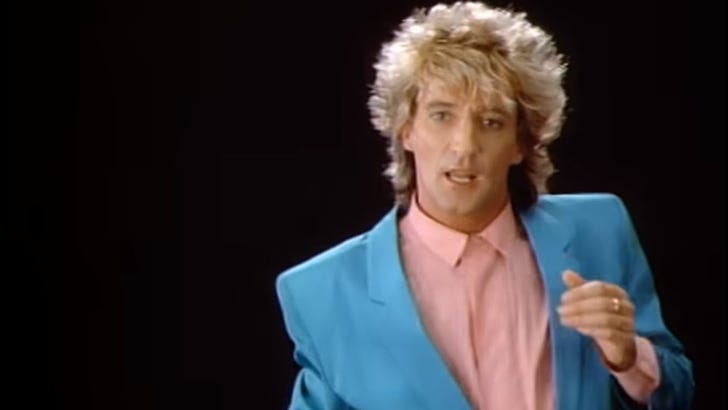In spring 1993 I got a call from Rod Stewart's publicist on behalf of his manager at the time. He sounded me out about having lunch with Rod and the manager, and who would say no to that? The day of the lunch I arrived at Rod's hotel, expecting to meet the publicist in the lobby. He didn't show, or at least, I couldn't find him. Clocks ticked; anxiety checked in. I waxed a little slow of wit at nervous times like that, so it took me a long while to call my office and check my answering machine. There was a message: The plan had changed. I'd be meeting Rod at the hotel, but it would be a little earlier, and we wouldn't be having lunch. By the time I'd figured out the plan, I was late, and one doesn't want to be late to any appointment with a rock star, much less one who did as few interviews as Stewart was known to do in those days. All things considered, though, there was still plenty of time, and Stewart was quite forthcoming about the ups and downs he had been through, the reputatio…
Keep reading with a 7-day free trial
Subscribe to Critical Conditions by Wayne Robins to keep reading this post and get 7 days of free access to the full post archives.



